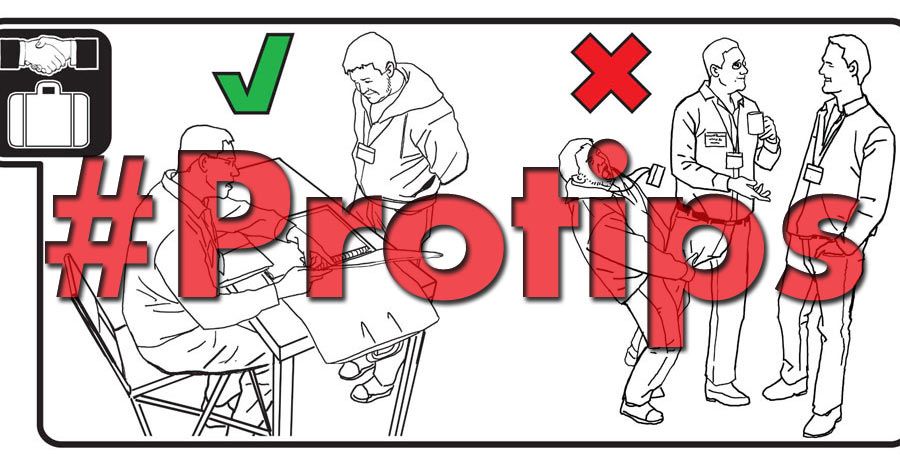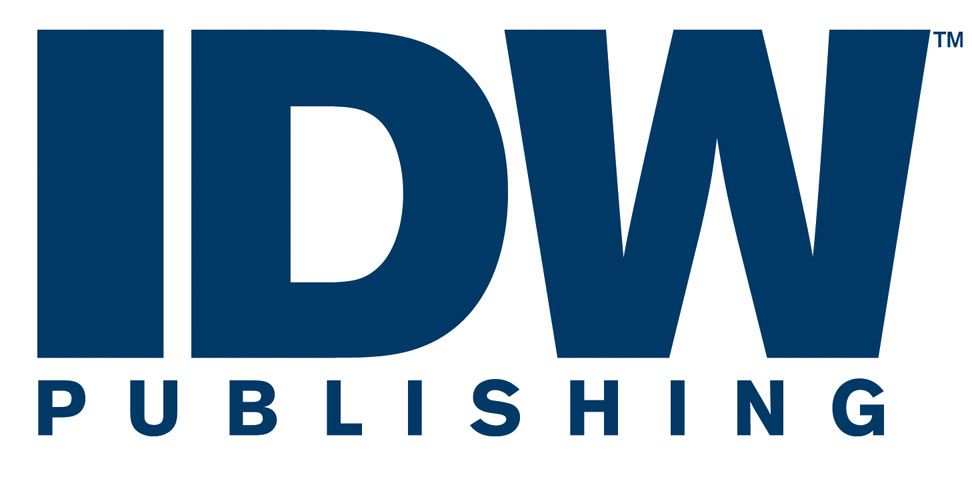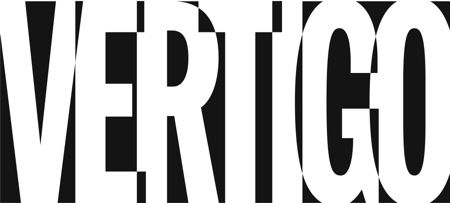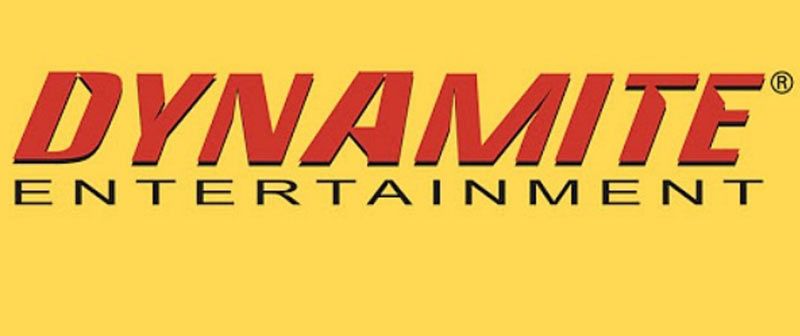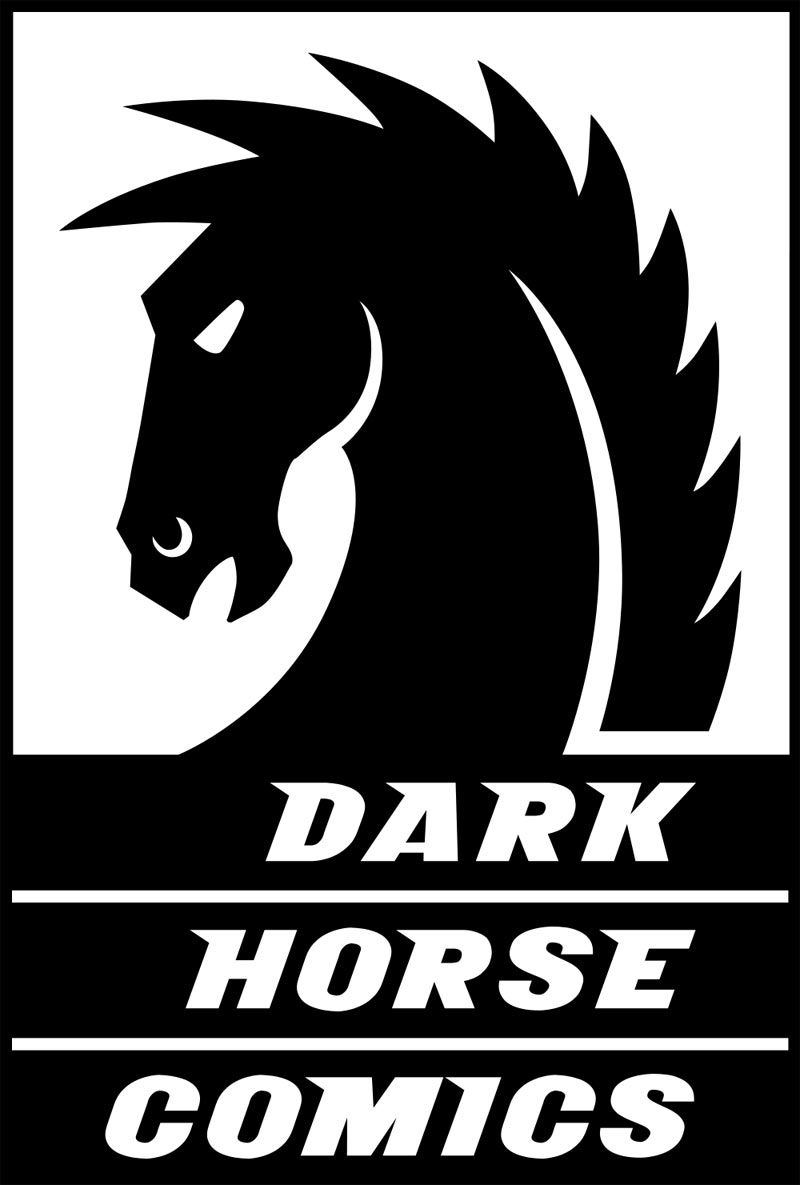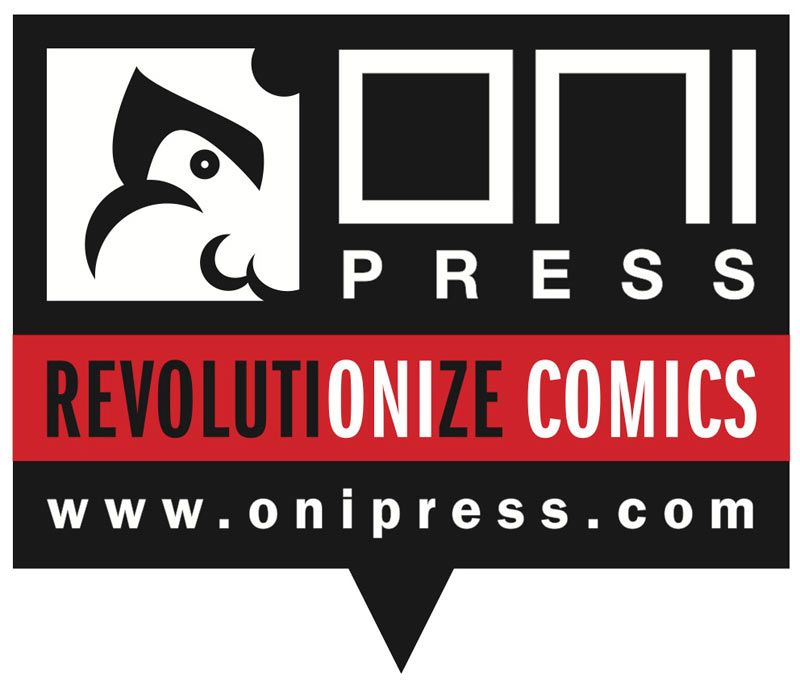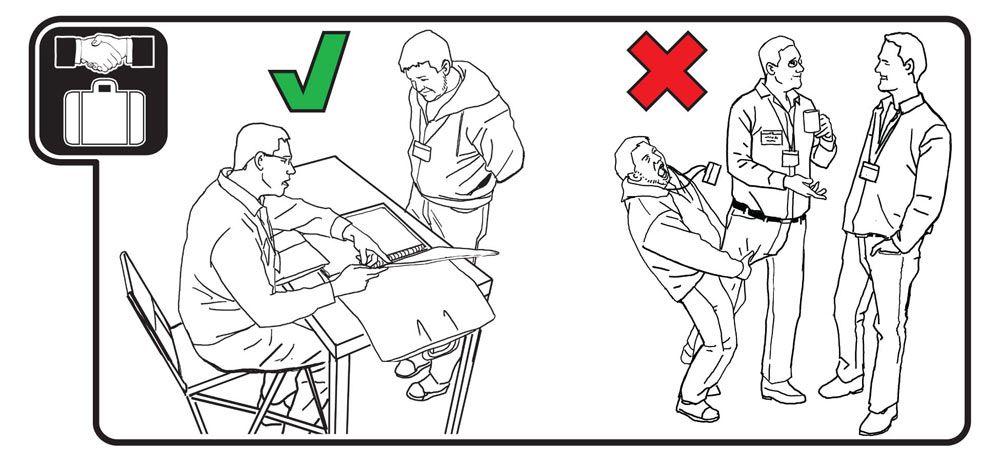#Protips
I have the best friends. No, really, I do. Many fantastic, talented, smart, fun people, most of whom I met at literary and comic conventions. So when I started to put together an advice column regarding the quintessential do's and don'ts of professional convention behavior, I thought it would be amazing to get a little help from my friends.
I asked two simple questions: "What's the one thing you think future and/or current comic professionals should do at conventions to help them 'break-in' and/or further their careers?" And, "What's the one thing they should never do?"
Here's what some of my friends had to say.
Chris Ryall
Editor in Chief, IDW
Do
Get to know people.
Get to know publishers: What they publish, the material and the art styles they deem publishable, and honestly evaluate if what you do fits in with what that publisher does. That can spare some frustrating rejection when what that aspiring creator is offering maybe doesn't fit into what that publisher does in the first place.
Get to know editors: Blindly pitching editors at conventions can be a tough proposition. At best, they'll listen absent-mindedly while thinking about the panel they have to do or the meeting they're late for or the lunch they've not had time to eat or the bathroom break they've needed for hours. But introduce yourself, tell them what you do and ask, if you're looking to pitch, if you can get a card and follow up in a couple of weeks and run an idea or art samples by them. They'll very likely appreciate not being blind-sided at the con and will be open to listening when time better allows, or can tell you straight what their publishing situation is for the year. If booked up fully, at least you'll know and be able to avoid more frustration by pitching someone not open to pitches.
Get to know other creators, whether aspiring or established. That can be a huge help in finding out from published creators what path they took and what they saw from their end that did or didn't work. And building a network of like-minded aspiring creators can help you with collaborations, connections, and qualified opinions of your work.
Going to a con with the intent to pitch or break in that weekend is an uphill battle at best. But getting seen, and getting known to whatever degree, and just meeting as many people as possible, is an excellent use of having that much creative talent in one building.
Don't
I probably covered that above -- the blind pitch. There are so many distractions and urgencies and other things that pull editors' and publishers' and even other creators' attentions that trying to get someone to focus on your out-of-the-blue pitch is going to be futile for the creator and frustrating for both sides. (A caveat to this, however, is if they actually give you the opening and say, "Tell me what you've got in mind." Then, pitch your ass off!)
And going in without the intent to blindly pitch to anyone who will listen, and instead keeping these other things in mind, will go a long way to helping you as an aspiring creator to have a more stress-free con anyway. Remember, cons are never the be-all, end-all for getting your work seen. Instead, meet people, talk to people, look at what other people have gotten published, and have fun.
Also, maybe most importantly: Remember to only ever take as much advice from random publishers and editors in these types of columns as feels useful to you. None of this is gospel or the only way by any means, but it should go a long way toward making your con appearance more satisfying in the long run.
Hank Kanalz
SVP, Vertigo & Integrated Publishing, DC Entertainment
Do
Be respectful of the time and space of the person you're pitching. Have samples at the ready, but only give them upon request.
Don't
Don't interrupt if the person is already engaged with someone else. Use common sense, and please don't approach in private/personal areas -- restrooms, restaurants, elevators, etc.
Shannon Watters
Editor, BOOM! Studios
Do
Keep an open mind, and be willing to learn. Kindness goes a long, long way. Stay classy. You are representing yourself to a tiny, tiny industry. A reputation as a jerk will follow you everywhere.
Don't
Under no circumstances should you feel entitled. Every single professional you speak to has worked hard to get where they are, and is stretched thinner than you can imagine. An attitude of entitlement toward what you feel your place in the industry should be is the absolute worst trait for an editor to see. A respectful air toward your fellow professionals does wonders.
Charlie Chu
Editor (The Auteur, The Sixth Gun, Down Set Fight), Oni Press
Do
If you're trying to meet people and make connections, be aware of who you're talking to. Be familiar with that editor or pro's work. Try to focus the networking thing at "Barcon," not on the convention floor. If you want a cheat code, editors love referrals from creators they love, so if you can get passed along or introduced by another pro already working with that editor or publisher, you will likely get the inside track.
Don't
Never pitch at a convention. The minute someone tries to cold pitch at a show, I recoil like a vampire at daybreak. While most publishers will take leave behinds at cons, they generally get tossed, so -- don't bother. In fact, I wouldn't ever offer up a pitch or ask to follow-up unless solicited. If an editor does want you to pitch or follow-up, they'll definitely ask.
Also, don't be a creeper, and mind your social cues.
Joe Rybant
Editor, Dynamite Comics
Do
Get in front of the people you want to work with without being obnoxious. When I'm at a convention, I'm of course there to work, but I'm also there to gather with my fellow creative and business professionals and there's always room for new faces, as long as there's not a "hard sell" that goes with it. This past weekend, I was in Atlanta for a business gathering and met up with some local artists I had spent limited time with before now. We had a fun, high-energy evening bouncing around the after hour events and mixed business talk with life talk, and I walked away knowing these artists better than I did before, better than I know them from Twitter, Facebook, etc.
Don't
Don't be a total weirdo. Being weird has its advantages, but being spooky weird, or dangerous weird is most likely an incurable condition that may most likely affect your abilities to work or do business. Also, be self-aware (and not just in this instance -- self-awareness is an underrated state of existence in our modern times) enough to know when to move in and out of the gathering/discussion/etc. A lot of working business and creative pros have known each other a long time and developed a rapport and shorthand that may not easily translate to a new addition. Respect that and learn from it.
Matt Gagnon
Editor-in-Chief, BOOM! Studios
Do
Engage. Meet new people. Be sociable. Don't sit behind a table all weekend. If you're hustling to build your career a convention isn't a vacation; have fun and enjoy the experience, for sure -- but remember to challenge yourself.
Don't
Don't be negative and pessimistic. That's usually editor-repellent.
Dafna Pleban
Editor, BOOM! Studios
Do
Relax. The best kind of networking happens almost accidentally. People you talk and spark on the same level with are going to be people you want to work with, and vice versa. Conventions are already so stressful, don't make it harder on yourself by stressing over what you might be missing out or who you aren't managing to meet. With the internet, you can always touch base later.
Don't
Conventions can feel casual, but they're still professional settings for a lot of the participants. What you wouldn't do in front of your boss, don't do at a con. Treat everyone as a future co-worker.
Scott Allie
Editor-in-Chief, Dark Horse Comics
Do
I'd like to say, "Put great work in my hands." That's the best thing you can do at a show or otherwise. But more applicable advice may be to be professional and be personable. This isn't an industry run by agents, there are no gatekeepers or buffers. There's you and the people you work directly with. If our first meeting leaves me thinking, "Ooh, couldn't get away from that one fast enough," it'll be hard for me to overcome that the next time I get a hold of your work, amazing or otherwise. If we work together, there will inevitably be complications, unhappy moments, and I'd rather go through those with someone that seemed reasonable and sane when assumedly on best behavior. This will go a long way to getting me to click on a link you send me, or take an ashcan you hand me, or maybe even buy the next thing I see on the shelf with your name, and I'll read it thinking, "This is someone I could maybe work with."
Don't
There are more answers for this one, I think, and I'm not even gonna give you the #1 piece of advice. This might be like, #23, but its on my mind: If anyone in this industry has ever given you a break, if anyone has ever done you right, or even just given you the benefit of their collaboration, don't shit talk them to me. There's a good enough chance they're my friend, but more importantly, if they did something for you, and now you're slagging them for it, or despite it, I'm smart enough to expect the same treatment from you.
And a bonus:Don't show me the same work you showed last year; I'll remember, and I'll assume you're that slow.
James Lucas Jones
Editor in Chief, Oni Press
Do
Show respect. Show it for the people who are working the show. Whether it's an editor working a shift at their company's booth, a creator interacting with a fan, or a security guard managing the line of 2,000 people waiting for a chance to meet Robert Kirkman. Show it for the people who are attending the show. Be considerate. Be polite. Remind us what a positive experience a convention can be. Most of us have been doing these shows since before we were professionals, and we remember what it's like on the other side of the table. You're likely to get both kindness and empathy if you don't act like a jerk.
Don't
What's the one thing they should never do? Pitch in costume. Cosplay is cool. Cosplay is fun. The first time I saw someone dressed up as "The Sixth Gun's" Drake Sinclair, I pretty much blew my top. But it's not a good idea for someone trying to break in, at least not at Oni Press. You wouldn't go to a job interview in your pajamas, and you shouldn't be selling me or one of my editors on your abilities as a creator while you're dressed up as Lumpy Space Princess or Nightwing or whoever. Part of attending conventions is having a good time and geeking out over the stuff you love, and if cosplay is part of how you do that, it's cool. Just maybe run back to the hotel for a change of clothes before you embark on your professional goals for the con.
Bryce Carlson
Managing Editor, BOOM! Studios
Do
Dance.
Don't
Throw up on an editor's shoes.
And just in case you are a visual learner, my friend Steve Lieber, who's most recent work includes "Superior Foes of Spider-Man" for Marvel, and writer John Aegard sent along their advice:
Working and succeeding in this business, like almost all professional endeavors, is a long game. If you show up to different shows and people like you, things will likely happen. But you have to be a human being. You are not just your pitch, or novel, or comic. Try to remember, when publishers and editors decide to risk money on your idea, it's because they trust you, like you AND they like your idea.
Do treat everyone the way you want to be treated. Be entertaining and funny on panels. Have fun! Don't sexually harass people or lie about anything. Don't try to sell yourself as if you're the next great gift to the industry. People like to come to conclusions like that on their own.
Con season is coming! And with it's new beginning comes brand new opportunities for everyone!
Don't blow it.

